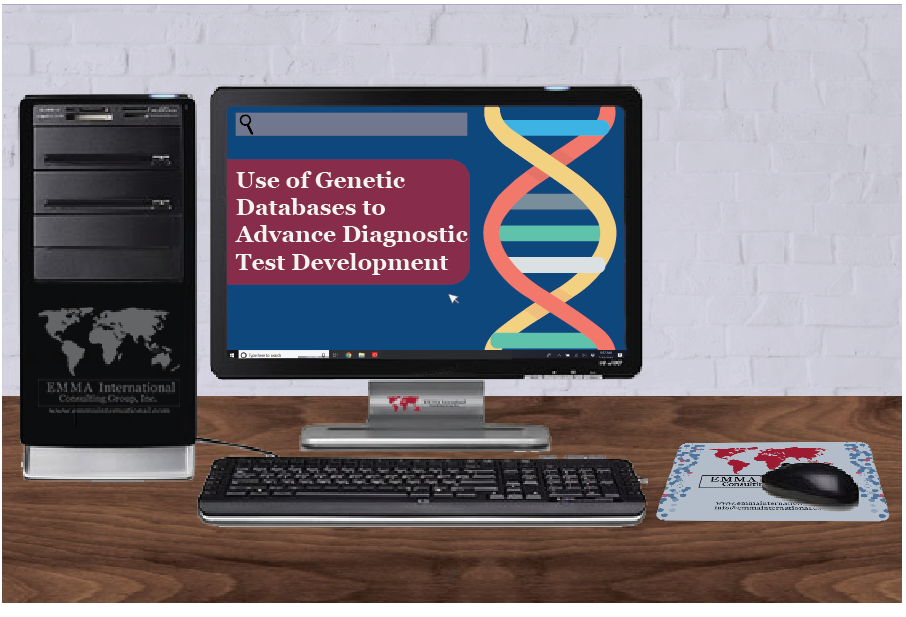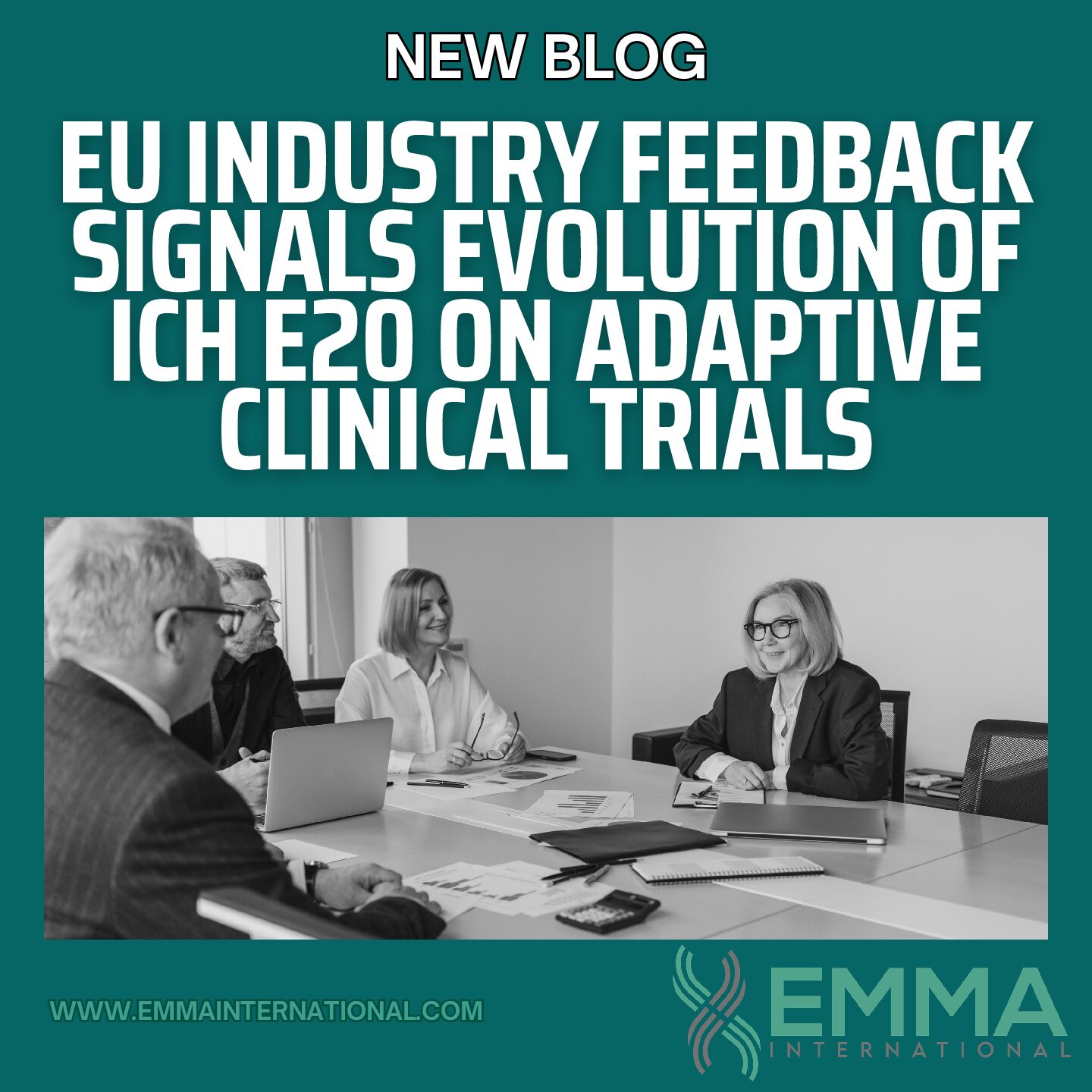In December 2018, the U.S. Food and Drug Administration formally recognized a public database that contains information about genes, genetic variants, and their relationship to disease. This blog discusses the motivation for creating such public databases and the implications for developers of genetic tests.
Upon completion of the Human Genome Project in 2003, there were extremely high expectations about figuring out the genetic basis of human health and disease. While the sequence of the human genome has given us the general manual, there is still a lot that we must understand in order to develop forms of preventative medicine or personalized medicine. As genetic sequencing technology becomes more affordable and accessible, more information about genetic variation will become available and as a result, more clinically-relevant variants will be identified.
Typical within a species, humans share a great deal of their genetic information. Where there is genetic variation, much of the variants have unknown or no effect. Other genetic variations may cause benign phenotypic effects – such as eye-color or blood type. Finally, a small number of genetic variants have been associated with disease, such as heart disease and cancer. Understanding the effects of variants is a complicated process. There are many sources of information about variants, and knowledge of the variants is constantly evolving. Thus, databases for genetic variants can house reports of conflicting data. ClinVar, an NIH-based effort, is one such database of variants related to human health. This is a submission-driven database that archives primary submissions and expert-curated submissions.
Clinical Genome Resource (ClinGen), an NIH-based program, is in partnership with ClinVar, but intends to be an authoritative central resource that defines the clinical relevance of genes and variants. ClinGen aims to collect phenotypic and clinical information on variants across the genome and develop a consensus approach to identify clinically relevant genetic variants. Among the ClinGen goals are to:
- Standardize clinical annotation and interpretation of genomic variants
- Improve understanding of variation in diverse populations
- Develop machine-learning algorithms to improve the throughput of variant interpretation
ClinGen’s operations and procedures are aligned with FDA’s review process to determine clinical validity. ClinGen Expert Curated Human Variant Data is included in the FDA Database Recognition program and can be used to support the clinical validity of genetic tests in a premarket submission. This will allow test developers to reference information available in the database to support the validity of their tests, instead of having to generate the information themselves. FDA hopes that this helps promote the rapid development of important genetic-based tests while assuring their accuracy and clinical relevance.
FDA released a guidance document, Use of Public Human Genetic Variant Database to Support Clinical Validity for Genetic and Genomic-Based In Vitro Diagnostics (April 13, 2018) in order to inform database administrators on how to seek recognition and describe how test developers can leverage publicly accessible databases to support FDA’s regulatory review. A growth of genetic-based diagnostic tests is anticipated, including risk prediction, diagnosis, and treatment selection for a disease or condition. Having a curated and vetted database for clinically validated variants can streamline the transfer of data into practice.
Do you need assistance in preparing your medical device for marketing or do you want to know more about the regulatory pathway for your medical device? Please contact us at (248) 987-4497 or info@emmainternational.com.




